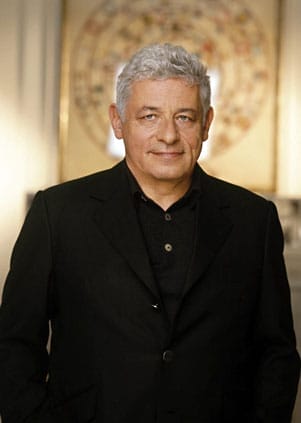 In 2006 Alain Levy startled an audience at London Business School with the statement: “The CD as it is right now is dead.”
In 2006 Alain Levy startled an audience at London Business School with the statement: “The CD as it is right now is dead.”
Blunt words from the man who ruled music during the 1990s—the decade when the CD was the dominant format. As head of Polygram, Levy used smart acquisitions and A&R to turn the minor label into a worldwide entertainment force that sold one out of every five albums during his tenure.
Levy, a native of France, joined CBS International after graduating from Wharton in 1972. After working in the U.S., France, and Italy in manufacturing, logistics, and marketing, in 1979 he became CEO of CBS France. In 1984 Levy moved to PolyGram as CEO of its French operations, just as the CD was gaining ground among early adopters. Levy built the business into France’s largest record company with a market share of more than 30 percent. In 1988, he became London-based executive vice president of PolyGram in charge of its worldwide pop and music publishing activities. During this time, he played a leading role in PolyGram’s negotiations to acquire Island Records and A&M Records, which brought to PolyGram top-selling artists U2 and Sting.
In 1989 Levy was appointed worldwide president and CEO of PolyGram, where he led the acquisition of Motown and Def Jam, further diversifying Poly-Gram’s musical slate. Four years later PolyGram became the number one music company in the world, and Levy established a film arm—PolyGram Filmed Entertainment, which produced and distributed profitable and influential films such as Four Weddings and a Funeral, Trainspotting, and Fargo. In 1998 PolyGram was sold to Seagram and Levy left the company.
More recently, as CEO of EMI from 2001 to 2006, he helped the company mine its powerful back catalog and develop a digital strategy for online marketing and downloadable ringtones to stave off the continuing threat of pirated downloads and declining CD sales. Levy is a member of Wharton’s Executive Board for Europe, Africa, and the Middle East.

























